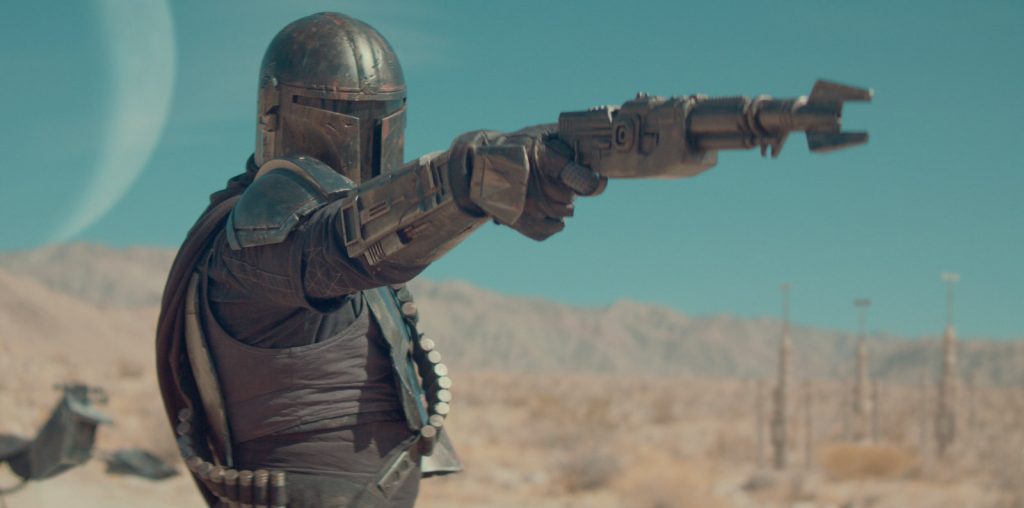
To help prevent a nuclear bomb from falling into the wrong hands, a veteran CIA operative named Oakes (Anthony Hopkins) must convince his recently deceased partner’s separated-at-birth, polar-opposite twin brother Jake (Chris Rock) to take his place. What, you expected realism from producer Jerry Bruckheimer and director Joel Schumacher? Don’t go in expecting quality, either, for “Bad Company” finds the pair coasting by on their most bombastic and empty filmmaking tricks.
Watching “Bad Company” is like peering into a window into a bygone era not long passed but still so far away, when the threat of nuclear annihiliation was par for the popcorn movie course, with a trusty red digital readout counting down to not so much a tragic disaster than a Really Cool Special Effect. Even without the perspective change that came with the real-life events of last fall, the pornographic pyrotechnics of “Bad Company” would have already been less than pleasurable, for they are more tired than exciting, with nothing particularly distinguished about its presentation or style.
And so goes the case with the movie as a whole. Undoubtedly the big drawing card of this mismatched buddy action comedy is the huge contrast between its stars, refined Oscar-winning Serious Actor Hopkins and brash comic Rock, whose characters are little more than extensions of their expected screen personae. While the two stars do find a nice, spontaneous rhythm with each other, the leaden patter that passes for wisecracks and repartée in the screenplay credited to Jason Richman and Michael Browning weighs down any lightweight charms. Rock’s best lines are obviously his improvs (but even then, he’s hampered by the film’s PG-13 rating), and Hopkins’ funniest moment is less a triumph of writing than the lightly amusing irony of hearing such a famously classy fellow say, “Get in the car, bitch.” When the bulk of the exchanges between Jake and his in-the-dark girlfriend Julie (Kerry Washington) consist of the line “I love you so much!” being repeated ad nauseum, any interesting bits of dialogue are obviously not a credit to the writers.
It is a credit to the stars, however, that this relentlessly uncreative film is as watchable as it is. However ridiculous, preposterous, and generally uninvolving the context is (and the whole plot is) it’s undeniably a kick to see Hopkins use his natural cool for the purposes of playing a full-blown action hero–a role he more than capably fills. In spite of the less-than-hilarious one-liners he’s called on to recite, Rock’s manic energy keeps the proceedings lively. In smaller roles, Brooke Smith, Gabriel Macht (both playing other CIA operatives), and Washington manage to make impressions even if the size and scope of their roles is dismayingly limited, particularly in the case of lovely and gifted up-and-comer Washington.
Owing to its roots as a Bruckheimer production, “Bad Company” works better in terms of action than comedy, but given how flat the punchlines are, that doesn’t particularly mean anything. For every interesting set piece Schumacher manages to pull off, such as a fairly well-done extended car chase, there’s another that doesn’t, such as a particularly inept sequence that proves that unless your name is John Woo, you have no business attempting a church-set shootout.
From the plotting and the characterizations to the explosions and excessive use of blue light filters, everything about “Bad Company” has been done and seen before — even right down to the title, which the very same studio (Disney) used as the moniker for a Laurence Fishburne/Ellen Barkin thriller (which, as it happens, also dealt with the CIA) no fewer than a scant seven years ago. That fact is none too surprising and all too fitting for a movie that’s so aggressively been there, done that.
